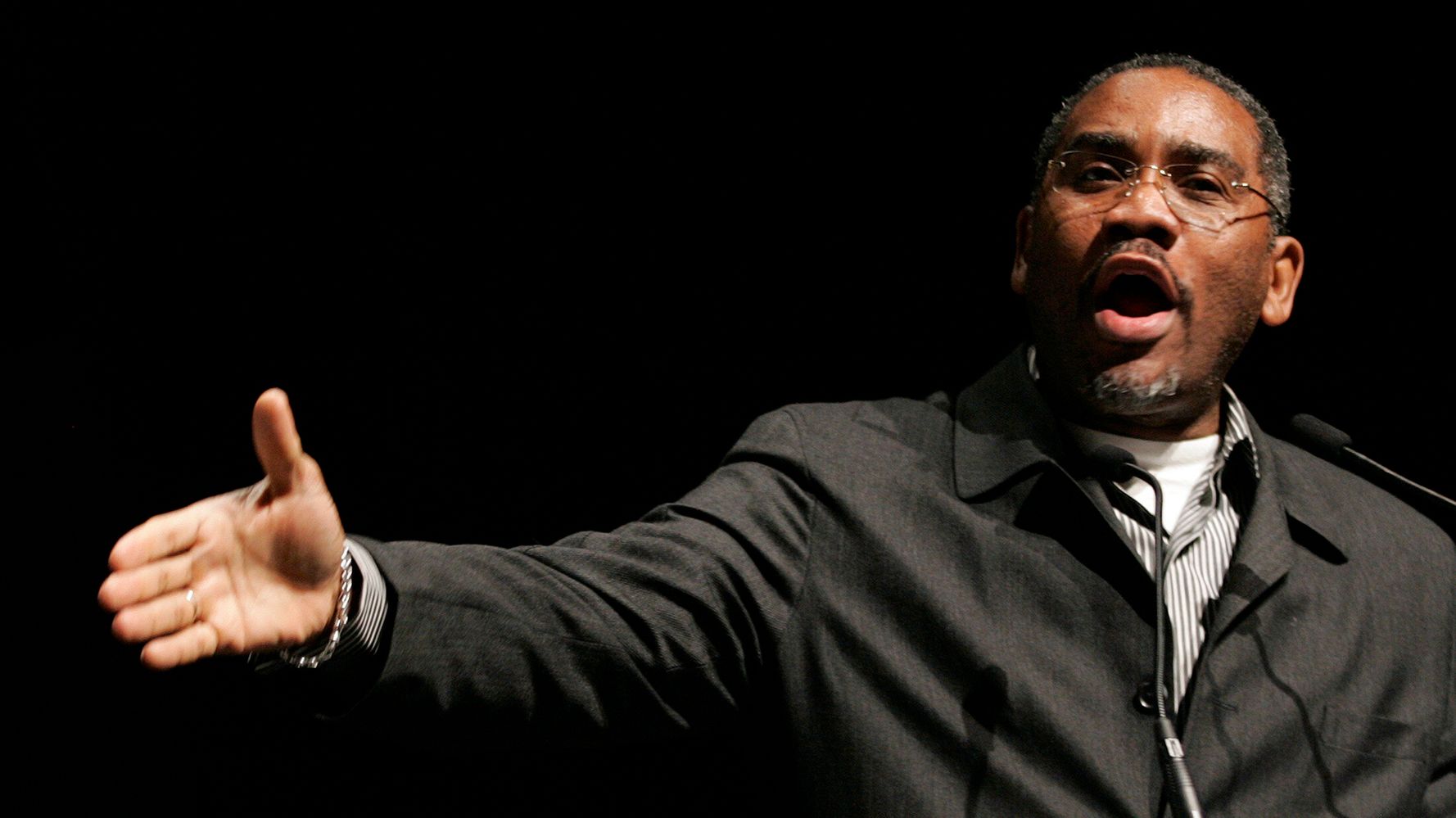[ad_1]

Top House Democrats tapped Rep. Gregory Meeks (D-N.Y.) for the chairmanship of the House Foreign Affairs Committee on Tuesday evening, an aide told HuffPost, effectively ending a surprisingly competitive race for the chief foreign policy job in the lower chamber that highlighted shifts in thinking on global affairs within the party.
Meeks is running against Reps. Joaquin Castro (D-Texas) and Brad Sherman (D-Calif.). The full Democratic caucus will choose the ultimate winner on Thursday, but the recommendation from the Democratic steering and policy committee is an important and often decisive signal for party members. Meeks comfortably won the endorsement, securing 29 votes from committee members compared to 13 for Castro and 10 for Sherman.
The chairmanship role opened up after the current chairman, Rep. Eliot Engel (D-N.Y.), lost to a primary challenger who emphasized Engel’s hawkish record on national security, including his voting for the Iraq War and against President Barack Obama’s nuclear deal with Iran. Castro entered the running weeks later, calling for a dramatic shift within the powerful committee to question America’s penchant for using military force abroad and to promote diplomacy.
Castro’s move turned what would likely have been a closed-door tussle into a public spectacle. Influential progressive and anti-war groups saw the contest as an opportunity for a rare debate about foreign policy, and Meeks and Sherman began loudly selling themselves as keen to use the chairmanship in transformative ways as well.
Meeks was the front-runner throughout because of both his strong ties on Capitol Hill, where he has served since 1998, and crucial backing from the Congressional Black Caucus. If and when he does officially secure the post, he will be the first Black chair of the Foreign Affairs Committee. He is expected to cooperate closely with the Biden administration, particularly on resuscitating the Iran nuclear accord, and to pay more attention to South America and other regions that have traditionally received less of the panel’s focus than the Middle East.
He is an establishment figure, however. For more liberal lawmakers and advocates who have successfully pushed Democrats to the left on international relations and have big ambitions to, for instance, rein in presidential war-making powers, Meeks is not a natural ally. Leading advocacy groups made a last-minute push for Castro as labor organizations condemned Meeks’ record of backing huge international trade deals. Meeks, meanwhile, secured endorsements from influential fellow members of Congress, including progressive Rep. Andy Levin (D-Mich.), which he circulated throughout the House.
Speaking on background to protect relationships, a left-leaning activist expressed disappointment about Castro but also some optimism.
“The overall fight has been successful regardless,” the activist said. “It has done the thing we wanted to do all along, to democratize foreign policy and get the public more involved, and it has put a burden on Meeks to live up to some of the things that he came out of the gate with.”
Calling all HuffPost superfans!
Sign up for membership to become a founding member and help shape HuffPost’s next chapter
[ad_2]
Source link

